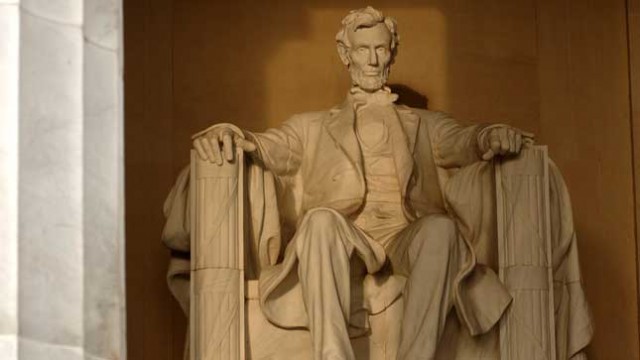Editor’s Note: The complete version of this post by IRD President Mark Tooley about Abraham Lincoln and American politics was originally published by The Hill. Read it in its entirety here.
America has been sharply divided before, and there was an effort to bridge that chasm that may have lessons for us today.
The Washington Peace Conference convened in early February 1861 at the legendary Willard Hotel (where term “lobbyist” supposedly began) in Washington, D.C. to avert further disunion and Civil War. Six Deep South states had already seceded since Lincoln’s November election to the presidency. The Upper South and Border States were awaiting his inauguration in March before deciding whether to stay or quit. …
Most histories dismiss the Washington Peace Conference as a failure. But it offers important if not easily reassuring instruction. Some political differences are so starkly at odds, because they are rooted in culture and religion, that they cannot be neatly negotiated in a grand compromise. Instead resolution can only be achieved through long term confrontation and battle.
In 1861 that battle became violent and bloody. America can be grateful that our polarization today is nowhere near the Civil War. Our differences will be waged on the battlefields of debate and ballot boxes. It will be confrontational and often ugly, seeming to test the limits of our democracy.
But our republic has survived far worse in the Civil War and other struggles. Lincoln’s greatness was rooted in his confidence that our government of consent by the governed, based on the Constitution and Declaration of Independence, would endure.
We should recall Lincoln’s confidence in American democracy as we wade through today’s political warfare. Now as then, our country on the other side of the smoke may evolve into a new national consensus that tests us while also making us stronger.
Continue reading here.
No comments yet




